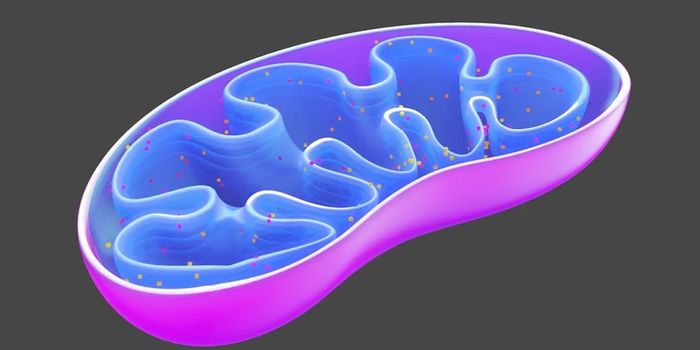How Long Can We Live For?
The average human lifespan before the 1900’s was between 30 and 40 years old. It is now between 70 and 85 years old (Roser: 2015). Largely thanks to improvements in hygiene and sanitation, as well as vaccines, some say that there is an upper limit to how long we can live for and that this may be genetic. But how much are our lifespans really influenced by our genetics?
Early studies have said that the heritability of the human lifespan, or how much it can be predicted by our genes, ranges between 15- 30%. However, a recent study by Ancestry.com shows that our genes may be as little as 7% accurate in predicting our lifespans (Cassella: 2018).
Looking over the lifespans of 400 million people in the 19th and 20th centuries, the study found that spouses had unusually similar life spans- these being more similar than in siblings of opposite gender who shared more genes. Curiously, the same was found between siblings-in-laws and first cousins-in-laws too. In fact, both sides of the spouse’s family trees seemed to have similar lifespans. But why?
The researchers attributed this result to assortative mating: the selection of partners with genetic and sociocultural traits similar to one’s own. Graham Ruby, the lead of the research said: “What assortative mating means here is that the factors that are important for life span tend to be very similar between mates” (Genetics Society of America: 2018).
This means that because we’re predisposed to choosing partners with sociocultural and genetic characteristics similar to our own, it is likely that similarities in lifespan will accrue. For example, if familial wealth would lead to a longer lifespan, and people marry those with equal wealth, the lifespans between these spouses’ family members would be similar. The same pattern would be found if height would be a predictor of longer lifespans among spouses.
Although it is probable that genetics play some role here in determining longevity, it seems that the knock-on effects of sociocultural and genetic effects may play more of a role in predicting longevity. For example, families with more wealth may have more access to better healthcare. Likewise, those that are taller may have better access to more nutritious diets, which would in turn lead to better health and longer lifespans.
Yet, despite evidence pointing towards the heavier influence of environmental factors on our longevity, upper limits to our lifespan have been proposed. According to researchers at the Albert Einstein College of Medicine in New York, this is 115 years old. Using data from 41 countries and territories, the researchers found that although more people are living past 70 since 1900, there is no significant increase in those living past 100. Furthermore, in 88% of countries, the ages showing the highest improvement had not changed since 1980 (Davis: 2016).
Although these results have been confirmed by others, they nevertheless have caused hot debate (Galeon: 2017). This comes as the studies suggesting these upper limits do not take into account new research in the field of longevity and anti-aging. With many advances in the field involving biotechnology and genetic research, gene-editing technology CRISPR in particular, many feel it is premature to set an upper limit on the human lifespan (ibid.).
Although our genes may be naturally predisposed to succumbing to certain environmental factors, by improving the genes that react to them, as well as acting on the factors themselves, we may be able to surpass certain age-related or lifespan-threatening conditions, or at least delay their onset. Both of these scenarios would of course, increase our lifespans.
To conclude, it seems that until now, environmental factors have played a more significant role in determining our life spans than our genes. Although the recent stagnancy in improvements in life span indicate to some a plateau in our life span potential, others suggest that the advent of new treatments and technologies to prevent or reverse age-related conditions should make it possible to live longer. How much longer however, as well the long-term effects of these treatments, is unknown.
Sources:










